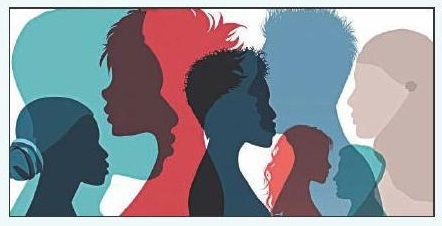Empowering Equality
| Date :17-Aug-2023 |

■ By Sanjay Kumar :
The discourse surrounding the Uniform Civil Code (UCC)
in India has remained a focal point of intense debate,
generating diverse perspectives and concerns from various religious communities. Among these voices, the Pasmanda
Muslim community emerges as a distinctive participant,
reflecting the marginalized segments of the Muslim population and presenting a unique outlook on the matter. With a
history marked by socio-economic disparities, the Pasmanda
Muslims engage in this dialogue to address gender inequalities inherent in existing laws, influenced both by Ashraaf interpretations of faith and long-standing cultural practices
entrenched in Personal Laws.
Central to the Pasmanda Muslim narrative on the UCC is
the quest for gender parity.
The community grapples with a
double patriarchy that inadvertently sidelines women, particularly in domains such as inheritance, marriage, and divorce.
The enduring practice of dowry, though contrary to Islamic
teachings, continues to persist within some Muslim families.
Unlike their Ashraaf counterparts, Pasmanda Muslims eschew
polygamy and regard marriage as an enduring commitment.
However, the Muslim Personal Law (Shariat) Application Act,
1937, introduced polygamy as a purported solution to women's
issues, which further exacerbates the disconnect between
Ashraafs and Pasmandas.
Advocating for the UCC, the Pasmanda Muslim community aims to foster an egalitarian society where women within
their ranks are empowered and endowed with equal rights.
Implementing the UCC aligns personal laws with modern societal norms, dismantling religiously motivated laws while
upholding the fundamental rights of all citizens.
This progressive move eradicates discriminatory practices,
promoting an inclusive and forward-looking society. The
Pasmanda interpretation envisions a UCC that honors cultural identities while promoting justice and equality for all.
Their perspective encapsulates the need for change, empowerment, education, cultural preservation, and political engagement. By channeling diverse voices toward creating a more
equitable society, the Pasmanda Muslims exemplify the unity found within diversity.